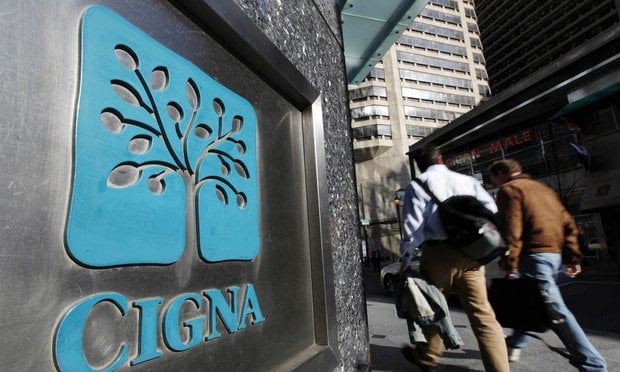 John Ring testifies during his confirmation hearing to be a member of the NLRB. (Photo: Diego M. Radzinschi / ALM)
John Ring testifies during his confirmation hearing to be a member of the NLRB. (Photo: Diego M. Radzinschi / ALM)
The Republican majority on the National Labor Relations Board on Friday adopted a new standard for determining whether a worker is an independent contractor or an employee, embracing a business-friendly approach that could make it easier for companies to avoid some union disputes.
The ruling in the case SuperShuttle DFW Inc. could present broader implications for the gig economy and other industries that rely on contractors and delivery drivers. Much of the gig economy is built on the backs of contractors, who can enjoy greater flexibility than traditional employees. But independent contractors, unlike employees, cannot join a union, and they don't share many of the workplace benefits that employees do.
Recommended For You
Complete your profile to continue reading and get FREE access to BenefitsPRO, part of your ALM digital membership.
Your access to unlimited BenefitsPRO content isn’t changing.
Once you are an ALM digital member, you’ll receive:
- Breaking benefits news and analysis, on-site and via our newsletters and custom alerts
- Educational webcasts, white papers, and ebooks from industry thought leaders
- Critical converage of the property casualty insurance and financial advisory markets on our other ALM sites, PropertyCasualty360 and ThinkAdvisor
Already have an account? Sign In Now
© 2025 ALM Global, LLC, All Rights Reserved. Request academic re-use from www.copyright.com. All other uses, submit a request to [email protected]. For more information visit Asset & Logo Licensing.








